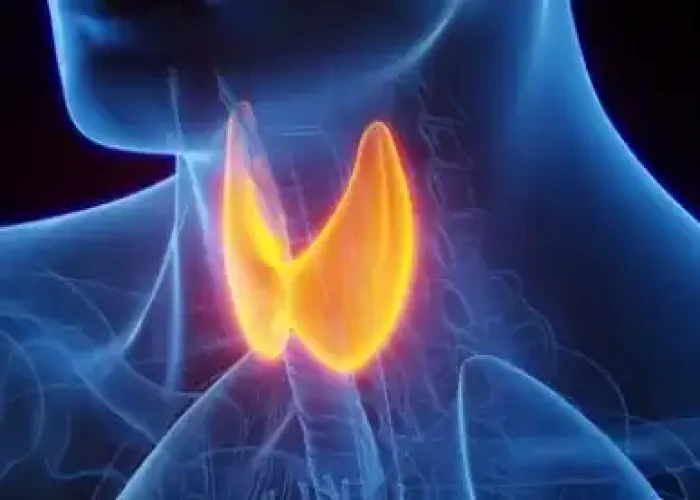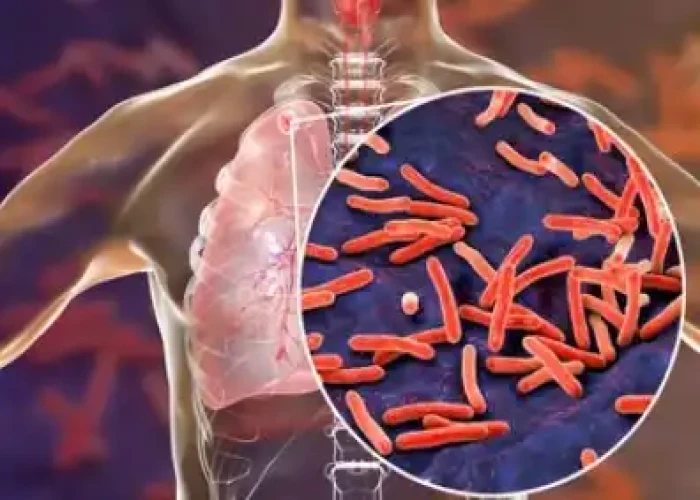 Welcome
Welcome
“May all be happy, may all be healed, may all be at peace and may no one ever suffer."
Pox - Yoga remedies
Pox is a term used to describe several infectious diseases caused by a group of viruses. The most well-known poxvirus is the variola virus, which causes smallpox, a highly contagious and often deadly disease. Other types of poxviruses include monkeypox, cowpox, and vaccinia.
Symptoms of pox vary depending on the specific virus, but may include fever, rash, sores or pustules, fatigue, and muscle aches. Pox viruses are typically spread through contact with an infected person, contaminated objects, or infected animals.
Smallpox has been eradicated worldwide through a successful vaccination campaign, but other poxviruses still exist in some parts of the world. Treatment for pox is typically focused on managing symptoms, such as reducing fever and discomfort, and preventing complications.
Preventing pox involves practicing good hygiene, avoiding contact with infected individuals or animals, and getting vaccinated if a vaccine is available. If you suspect that you have been exposed to pox or are experiencing symptoms, it is important to see a healthcare provider for an accurate diagnosis and appropriate treatment.

Laziness

Jaundice

Glandular weakness

Sinus

Burnt

Arthritis in the knee

Tuberculosis

Indigestion (Acidic)
Pox, বসন্ত রোগ
To be happy, beautiful, healthy, wealthy, hale and long-lived stay with DM3S.

